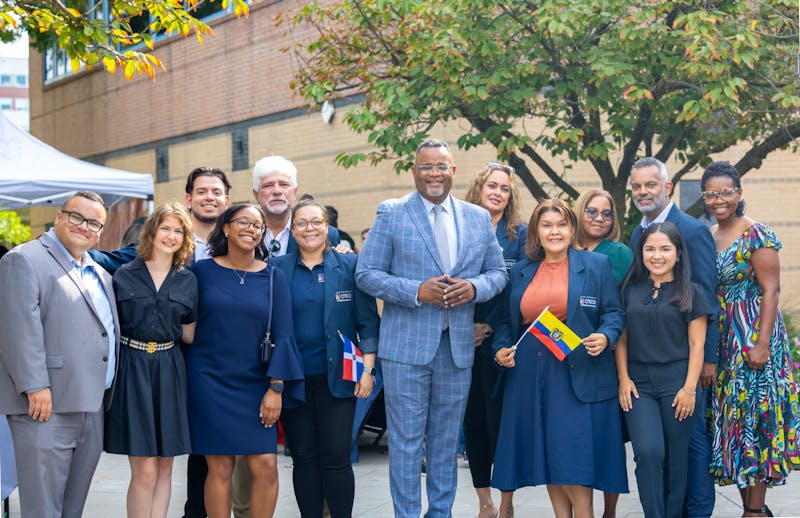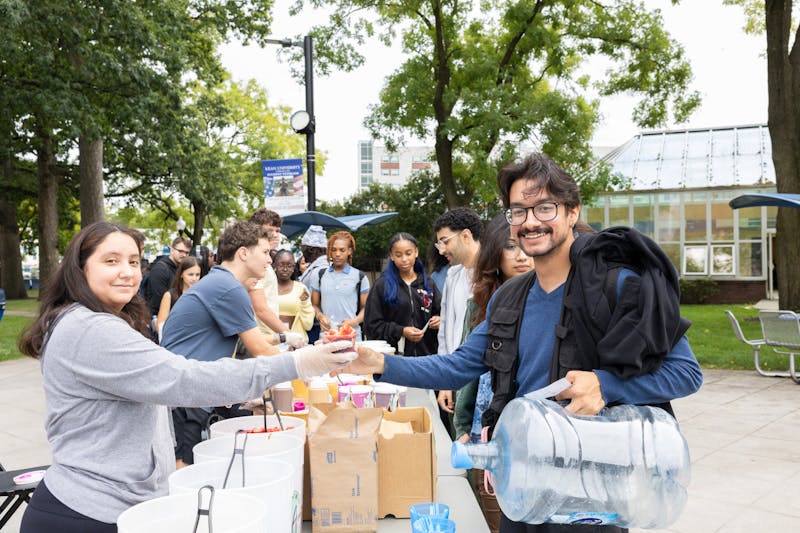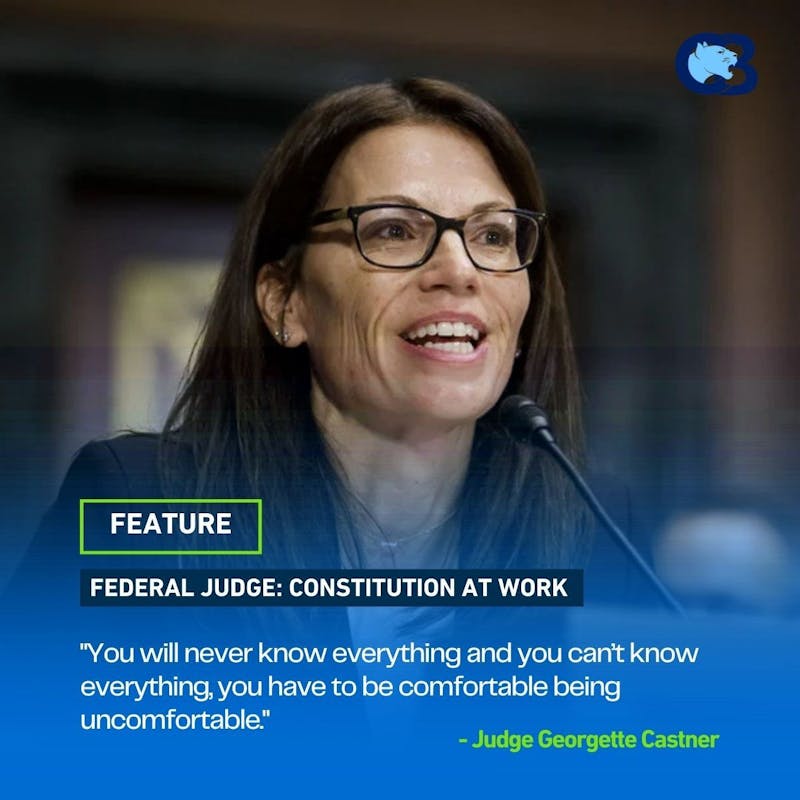On Wednesday, April 8, a group of students gathered in the University Center room 228 for a presentation on sexual abuse against men and women in the military. Making the presentation was Gretchen MacBryde, a licensed clinical social worker at the Veterans Administration in East Orange and Lyons, New Jersey. She has served as a clinician, administrator, and public speaker in a variety of areas including domestic violence, addiction, and trauma. MacBryde currently directs treatment of and advocacy for female veterans who have experienced military sexual trauma (MST).MST refers to being a victim of sexual assault while serving in the military, particularly by other soldiers. Despite being prevalent, MST has received little attention. It has been reported that more women are raped than fellow soldiers killed in Iraq. According to MacBryde, the military atmosphere fosters the occurrence of sexual harassment and abuse. "Hyper masculinity encourages men to indulge in polarized thinking about gender roles. For example, men are logical while women are emotional." Heterosexuality is also encouraged and "real men" are supposed to make sexual comments and should always be ready to have sex.
Sexual assault is the most under-reported crime. It is estimated that the crime occurs two to three times more than what is reported. The primary reason that so few cases are reported is fear of further sexual abuse, not being believed, damage to their military careers, and being further victimized by the legal system. People who have traumatic experiences often face problems afterwards. Because many trauma survivors are unaware of how trauma affects people, they sometimes have trouble understanding their feelings. They may blame themselves for what happened to them, or think that there is something wrong with them. They may turn away from friends and family and may turn to drugs to make themselves feel better. The following is more information about trauma:
Trauma happens to good, healthy people.
Up to eight percent of persons will have post-traumatic stress disorder (PTSD) at some point in their lives.
People who experience traumas are not going crazy; what they go is part of a set of symptoms associated with trauma.
Experiencing trauma is not a sign of personal weakness. Many people who are physically and mentally healthy develop PTSD.
Understanding trauma symptoms enables a person to better manage themselves.
For more information or help coping with sexual assault or trauma, visit the counseling center in Downs Hall room 127 or call 908-737-4850.





